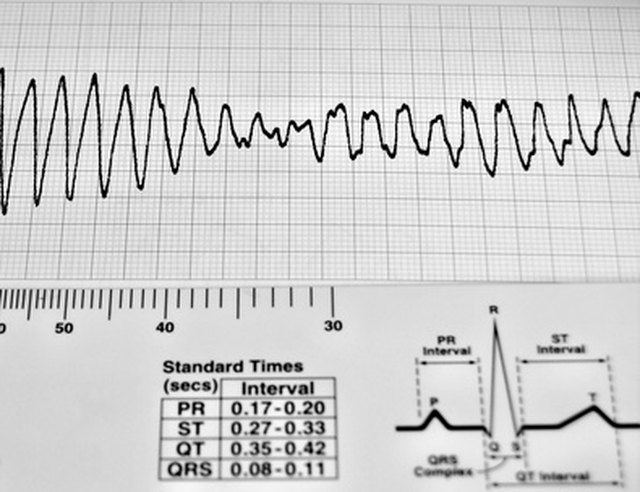

However, it is normal for your heartbeat to speed up in stressful. So, reducing heart disease is important to lowering the risk of arrhythmias. Anxiety is a common cause of heart palpitations and usually isnt something to worry about. they have gotten a lot better than before, but theyre still lingering. but i still have these random heart racing spikes or palpitations that i cant seem to shake.
RANDOM HEART FLUTTERS FREE
Patel says.Even people who look healthy and free of heart disease can have arrhythmias (abnormal heart rhythms), but those with heart disease are at the highest risk. Ive had multiple EKGs, ultrasounds of my heart and my arteries, and a heart monitor attached for 2 weeks, and my heart is still in excellent condition. “If heart palpitations happen every time you do, like walk half a mile or lift something, that’s not a random event and you should be evaluated,” Dr. That said, experiencing them regularly is not. One-off heart palpitations that just last a few seconds are a normal part of having a heart. You may be wondering when to worry about heart palpitations, especially when most of the time, they’re NBD. All told, here’s when you should go see your doctor. You may also experience heart palpitations if you have a physical abnormality like a weaker or larger heart than usual, which you typically wouldn’t know about unless it showed up during some kind of medical exam. This can lead to a rapid or irregular heartbeat, along with symptoms like an increased appetite and sudden weight loss. If your thyroid is on overdrive (aka, you have hyperthyroidism), it will generate too much thyroxine, which kicks up your body’s metabolism.

It starts in your hearts lower chambers, called the ventricles. Your thyroid produces hormones like thyroxine and triiodothyronine, which influence many of your body’s systems, according to the Mayo Clinic. Ventricular tachycardia (VT) is a fast, abnormal heart rhythm (arrhythmia). Other times, heart palpitations can be a sign that something’s up with a different organ, like your thyroid gland. If you think you’re experiencing any strange symptoms along with your heart palpitations, seek medical attention immediately. Only a doctor can tell you for sure, but any symptoms besides the strange heart sensations are typically a clue that your arrhythmia may be more serious, says the NHLBI. While arrhythmias often aren’t dangerous and can be treated in many ways, sometimes they can be life-threatening. Same goes for having them during pregnancy, when your blood volume goes up and your heart has to pump out that extra fluid. That’s why experiencing palpitations during or after a tough workout isn’t immediately a reason to worry. Things that make your heart work harder can also cause palpitations, Dr. It might feel like the heart is skipping beats, or is beating faster than. Your heart has receptors that pick up on heightened adrenaline, so any surges of this hormone can cause it to act differently. A heart palpitation occurs when your heart feels like its beating irregularly. That includes stress, panic attacks, caffeine, having a cold or flu, being sleep-deprived, and taking medications that contain stimulants. If your SA node starts sending wonky electrical impulses, you might experience heart palpitations.Īnything that increases the adrenaline in your body can affect these electrical impulses, Dr. These cells are housed in your heart’s right chamber, also known as its right atrium. Typically, your heart knows when to squeeze based on electrical impulses from a group of cells known as your sinoatrial (SA) node, according to the National Heart, Lung, and Blood Institute (NHLBI).


 0 kommentar(er)
0 kommentar(er)
